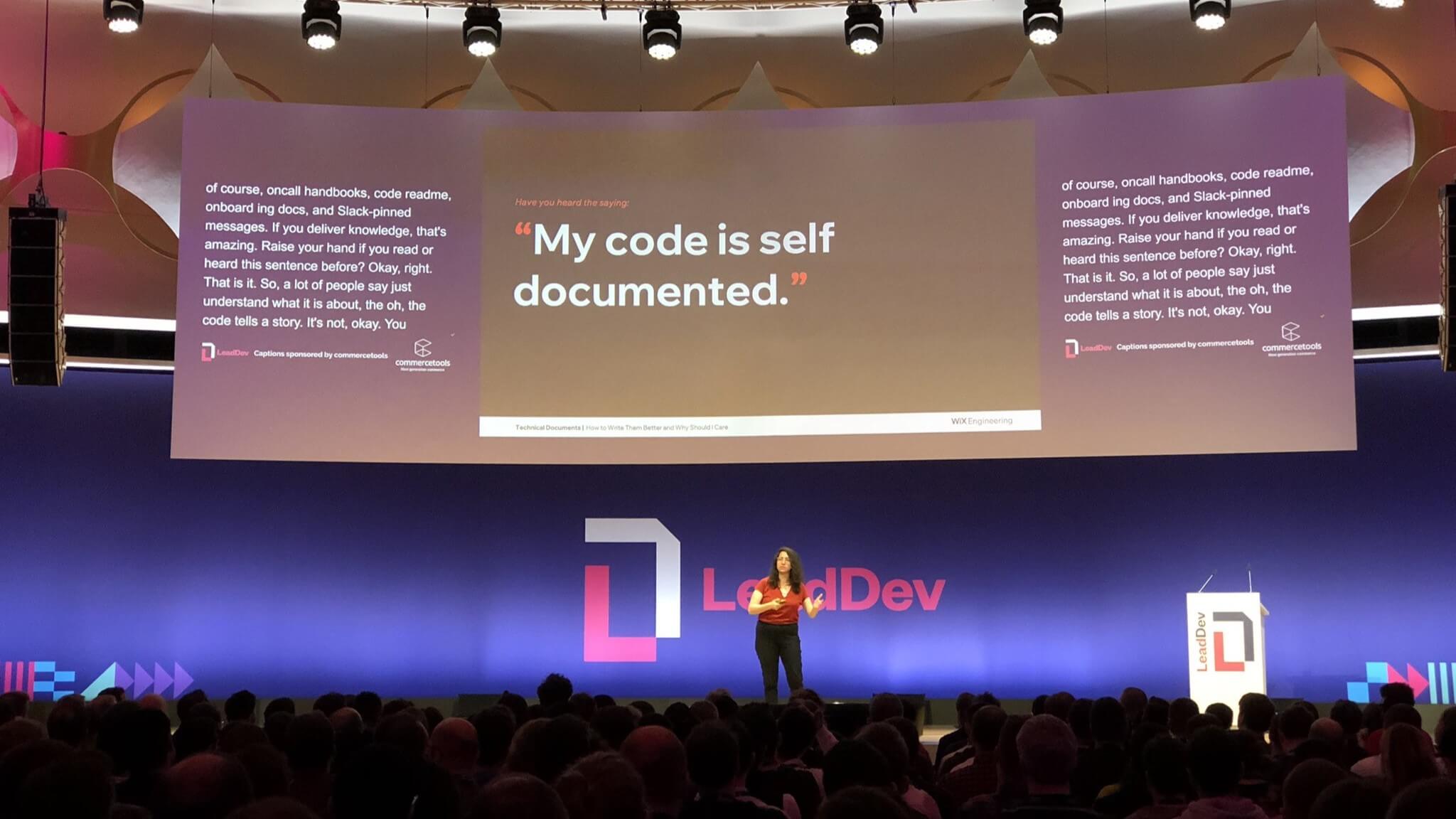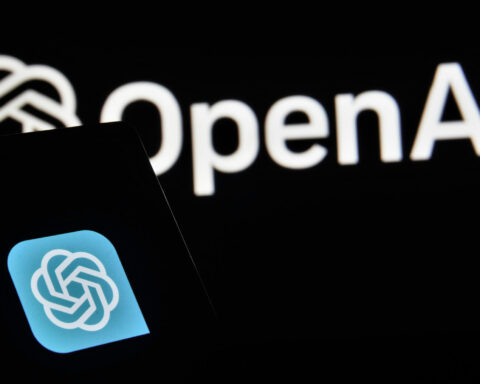Last year, I had the pleasure of meeting Hila Fish, a seasoned Senior DevOps Engineer with over a decade of experience who is at the forefront of DevOps innovation. Her career has been defined by continuous growth, from her early days as a HelpDesk/System Administrator to her current role as a Senior DevOps Engineer. Throughout her journey, Hila has led transformative initiatives, streamlined infrastructure, and adopted cutting-edge technologies at Wix.com, Palo Alto Networks, Taboola and more.
Beyond her impressive professional achievements, Hila’s dedication to collaboration, diligent attention to detail, and proficiency with a wide range of technologies and methodologies have earned her recognition in the DevOps community. In this exclusive feature, we delve into Hila’s career milestones, offering insights and lessons learned from a DevOps pioneer whose work continues to shape the tech industry.
How do you believe the DevOps culture contributes to a company’s performance, and what are key elements to foster this culture?
DevOps is all about breaking silos, reminding teams we have a shared goal – to help the company succeed – and doing that by harnessing both technical aspects (automation, AI, etc.) and soft/human aspects (collaboration, communication, knowledge sharing, etc.).
The DevOps culture is crucial for business success and performance because, when relevant teams work together towards that shared goal, they can achieve the most suitable solution, produce the best products, and convey the business interests properly.
What are the most challenging aspects of designing architecture with VMs/K8s integration in AWS/GCP environments, considering costs, security, and business needs?
First, you need to understand the application requirements and examine them very carefully – whether it requires high performance, least latency, etc. Then, you need to consider regulation and any other business aspects that could affect the technical decision, and then also take into consideration other aspects like costs, security, environmental thumbprint and human aspects (Do we know these systems? Would we have a learning curve while implementing and working with it? Do these systems have a large ecosystem to rely on? etc.). In addition, once you’ve chosen a cloud provider to work with, there are several ways to implement one use case, so the decision should be based on all the considerations I mentioned above. So, the most challenging aspect is balancing all considerations and making sure we understand the tradeoffs of selecting one architecture over the other – and are we okay with it?
Why do you prefer Terraform and Ansible for IaC and configuration management over other tools?
It’s hard for me to answer it while I haven’t used ALL tools out there for IaC and configuration management, but these two are very easy to use in terms of “making your first commit”, and then gradually getting to producing a production-worthy code is not a difficult nor time consuming task. These tools have a very large ecosystem, so I know that:
- These tools have seen and served a lot of use cases.
- If I’m running into any challenges, I could probably find references and help online (blogs, general documentation & KBs, people on social media platforms like Slack/Discord who would be happy to help).
How have CI-CD practices evolved in recent years, and how has this impacted your work with Jenkins and GitLab?
It evolved in a way that we first had a general tool, Jenkins (and forgive me all readers if you think another tool was first on the market before Jenkins), to serve all general purpose needs to implement a CI (mostly CI, it took a while, if any, to get to a CD). Since it’s a general-purpose tool, not all use cases were designed to fit your hand to the Jenkins glove, and you needed to do a lot of customizations in order to make something work.
Nowadays, we have more tools that “understand” the use cases of implementing CI/CD and offer seamless, more simple solutions to achieve that.
Can you share some insights on how Python has been instrumental in your DevOps practices?
I treat Python as the Lederman (i.e., multitool) in my DevOps toolchain. Whenever I need to add a customization to a tool in order to achieve a goal that isn’t covered by that tool, or whenever I need to do basically anything that I cannot do with “proper channels” (already used tools and platforms), my go-to is Python. And it didn’t fail me yet.
Can you describe the challenges and learnings from migrating 200+ code repositories from BitBucket to GitLab?
I could, but it is covered in a lecture I gave, so you can watch it all here, or just skip to the “takeaways” part.
What strategies have you found effective for managing end-to-end complex and cross-team technological projects?
Communication is key. We need to set priorities for all teams to make sure they can work on it at the same pace as others. Then, communicating the state of the project, as well as blockers and what team x needs from team y to progress, will help the project progress towards the desired direction.
How do you stay updated with the latest trends and technologies in DevOps?
By following influencers and bloggers, subscribing myself to relevant newsletters, and attending tech conferences that bring trends and edge technologies to the front stage.
What approach do you take in mentoring within the “Baot” tech community?
My focus is to elevate the women I mentor – whether it means to help them understand their worth, give them practical tips and tools to “put themselves out there” and stand out, etc. I always listen to the women who come to me asking for help, understand what it is that they want to achieve, reflect back on the things I think they should work on, and suggest ways for them to work on it.
What soft skills do you find most valuable in the DevOps field, and how do you develop them?
All the core values that makes the DevOps culture – collaboration, communication, knowledge sharing, being service-oriented, and having attention to detail. How to develop them – by practicing it. Make it a habit to approach people, to pick up tickets opened at work, to reach out to your clients (internals, usually) and ask what their current pain points at work are, to see if you could help them by setting new workflows / introducing new tools / defining processes for it.
Where do you see the field of DevOps heading in the next 5 to 10 years?
I believe AI will take on a bigger role, not sure how, but the entire tech landscape is heading towards that direction, and I see DevOps is no different than that. Also, we now have platform engineering discussions all over the globe, which means we are expanding the DevOps culture to better understand how we can collaborate more and enable other engineers on their journey. I see this trend progressing even further, where we might introduce DevOps in product / marketing / other aspects that usually have no day-to-day presence of DevOps practices.
How do you maintain a balance between your demanding professional role and your personal interests and activities?
By choosing a workplace which understands that I’m here to provide services, but it shouldn’t be 100% of my overall time. There is a reason why there’s such a thing as “work hours”. While we occasionally have projects and deadlines that require us to exceed our work hours, it shouldn’t be the norm. If it is, it could point out the lack of processes and priorities defined in that workplace, in which case it’s something you should consider when evaluating your career.
I talked about this and more in my lecture about “Values in tech” and how to leverage them in order to assess your current and future workplaces. You can check it out here!
What advice would you give to someone starting their career in DevOps?
Learn the ropes of what it means to practice DevOps, both the soft and technical aspects, and get your hands dirty. Work on a side project that encompasses a lot of technologies and tools that are usually in use while practicing DevOps; it’ll help you showcase your abilities and talk about them in job interviews.
Follow me on LinkedIn, as I’ll soon share news about another way I can help you learn, adopt, and implement DevOps practices, whether you’re just starting out or already practicing DevOps in your professional day-to-day.
As we draw from her experiences, let’s not only recognize the value of collaboration, automation, and continuous improvement, but also be inspired to explore new horizons, contribute to our organizations’ growth, and continue to shape the future of DevOps.





